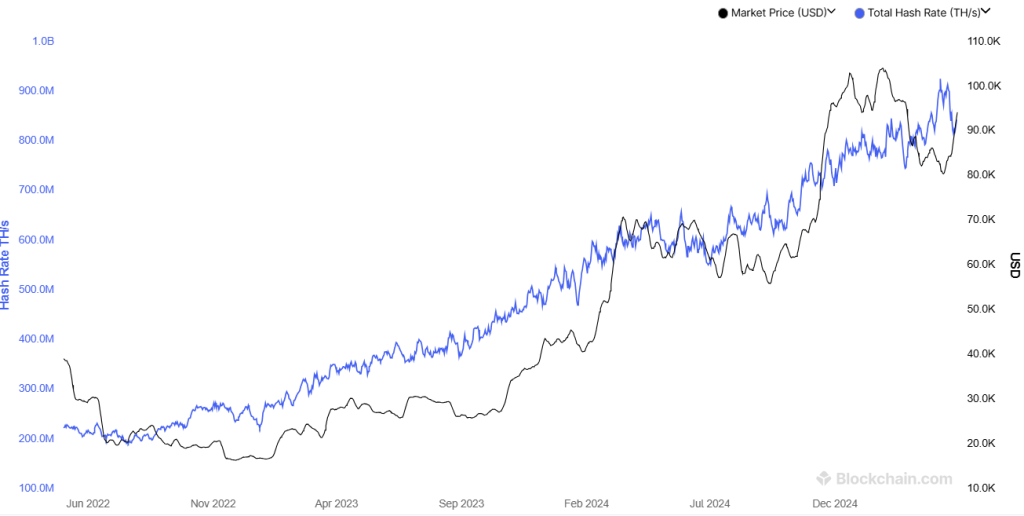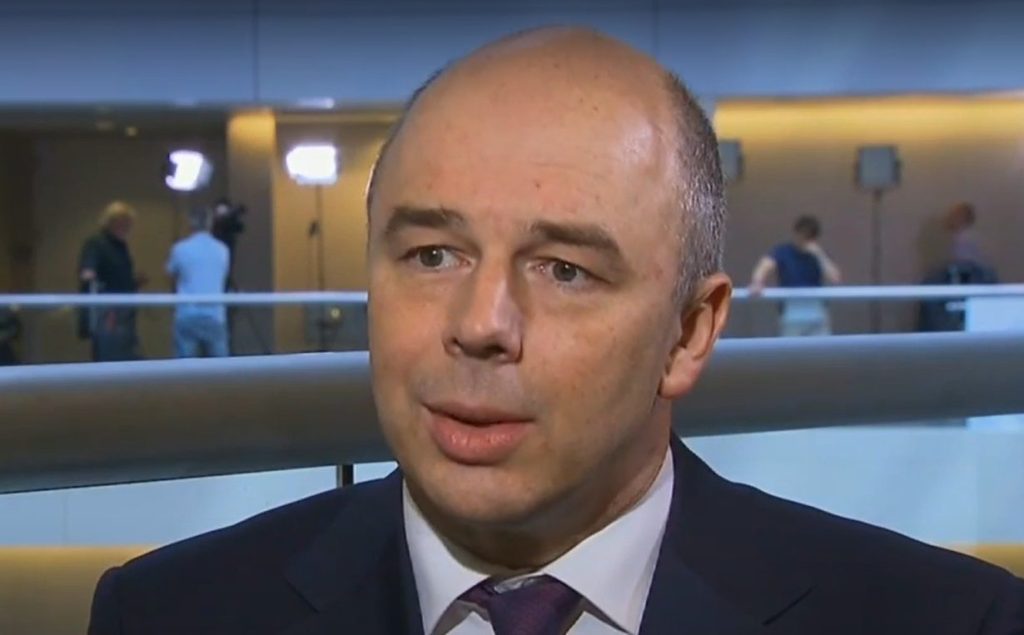New VAT Regulations Loom for Russian Crypto Miners
In a significant shift for the Russian cryptocurrency landscape, the government is gearing up to impose Value Added Tax (VAT) on local crypto mining firms that lease equipment and data centers to international clients. This includes energy providers supplying mining operations situated outside Russian borders. The proposed regulations are the brainchild of the Ministry of Finance, aiming to clarify and streamline the tax obligations pertaining to this burgeoning industry.

The Driving Force Behind VAT Changes
The push for clearer tax protocols emerges from the Ministry’s recognition of a regulatory void that left many operators in a state of confusion regarding their fiscal responsibilities. As it stands, miners and related firms have struggled to navigate the complexities of tax declarations, particularly concerning leasing agreements that may involve real-time, monthly, or annual payments.
This initiative follows a law enacted in January 2025, mandating all industrial miners and “mining infrastructure operators” (MIOs) to enroll in a federal register overseen by the Federal Tax Service (FTS). As of the latest reports, over 700 mining entities have registered, but many believe there are still numerous unregistered firms. The FTS is advocating for compliance, suggesting that some entities may need more time to adjust to these regulatory expectations.
The Importance of Compliance in the Mining Sector
The implications of these tax changes are paramount for the mining sector in Russia. Violations of the new rules could lead to severe consequences, including potential criminal liability for non-compliance. However, the FTS has voiced a degree of leniency, acknowledging that many players in the market are still acclimating to the new legal framework.
MIOs play a vital role in this ecosystem, offering crucial infrastructure ranging from compact facilities equipped with cooling systems to expansive data centers housing countless mining rigs. Despite geopolitical challenges, many international investors remain drawn to Russia’s favorable energy costs and operational efficiencies. Yet, the war in Ukraine has forced some foreign players to withdraw, creating a complex and evolving backdrop for remaining operators.
Crypto Mining Hotels: A Unique Solution
Throughout Russia, a model known as “crypto mining hotels” has gained traction, where smaller-scale centers cater to various miners. These facilities range from modest setups with a 14 MW capacity to larger establishments exceeding 100 MW. Investors from across the globe have historically partnered with Russian MIOs to leverage these advantages, provided they can navigate the shifting regulatory waters.
In 2024, the Industrial Mining Association projected that if cryptocurrency mining were fully legalized, the annual tax revenues could surge to around 50 billion rubles (approximately $612 million). As mining operations begin to file their tax returns, the industry is on the precipice of uncovering the true fiscal landscape of Russia’s major miners.

Strategic Moves: Crypto in Foreign Trade
As the landscape of cryptocurrency regulation transforms, Russian lawmakers appear to be strategically positioning their mining capabilities. Finance Minister Anton Siluanov has expressed that the revenues generated from crypto mining taxes might not be substantial. Instead, he emphasizes a more ambitious aim — leveraging mined cryptocurrencies as instruments for cross-border trade amidst increasing restrictions on USD exchanges.
This pivot towards crypto-enabled international trade shows the government’s intent to integrate cryptocurrencies into the operational backbone of Russian businesses, offering an alternative to traditional frameworks that have become increasingly inaccessible due to sanctions.
Conclusion: What Lies Ahead for Russian Crypto Mining?
The proposed VAT regulations are poised to reshape the operational dynamics of Russia’s cryptocurrency mining sector, compelling businesses to become more transparent and accountable. As miners and infrastructure operators prepare for these new tax obligations, one thing is clear: the future of crypto mining in Russia will hinge on adaptability and compliance. Will these measures foster a more robust and thriving ecosystem, or will they stifle innovation? As the industry evolves, ongoing discussions and analyses will be crucial in understanding the long-term impacts of these regulations.
What are your thoughts on the implications of these new tax regulations for the future of crypto mining in Russia? We invite you to share your insights and engage in the conversation!

